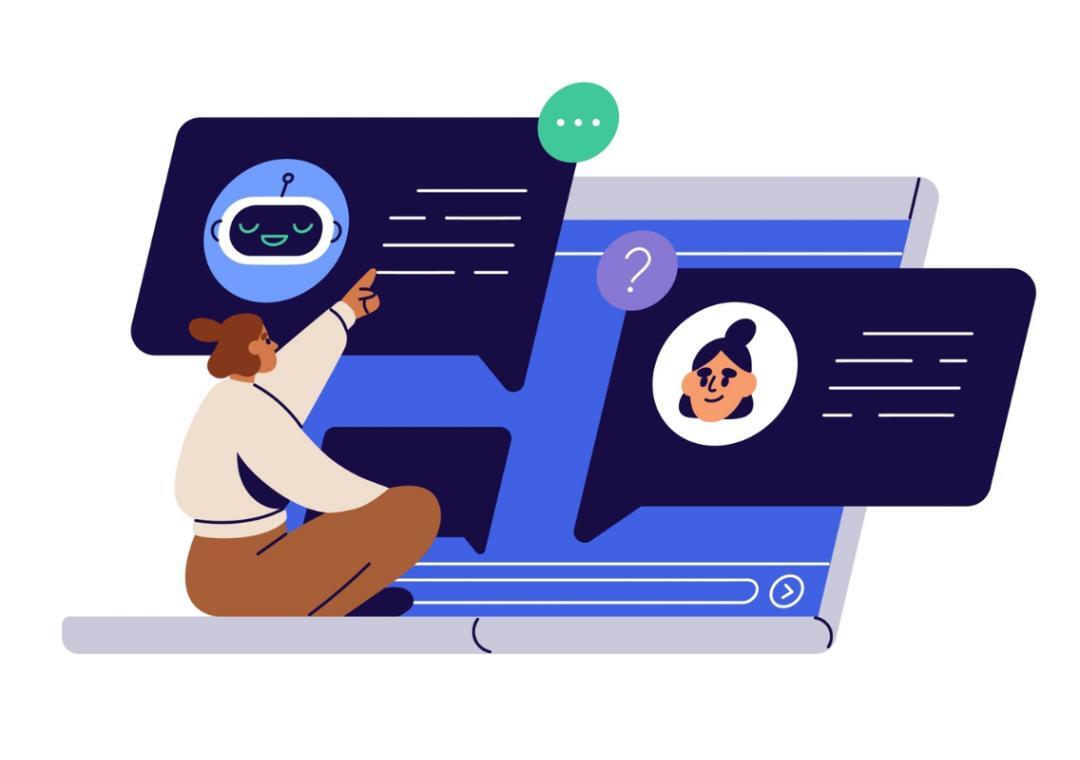
From Guesswork to Growth Loops
The world of marketing has evolved significantly over the years. With the advent of digital marketing, marketers have had to adapt to the ever-changing landscape of consumer behavior, preferences, and technologies. Despite these advancements, many marketing teams still rely on guesswork and trial-and-error approaches to develop their campaigns. This approach may have worked in the past, but in today’s fast-paced digital environment, it’s no longer sufficient.
The traditional approach to marketing involves setting goals, creating campaigns, and measuring their effectiveness. However, this process is often riddled with uncertainties, and it’s difficult to pinpoint what’s working and what’s not. Marketers are left relying on intuition and anecdotal evidence to inform their decisions, which can lead to wasted resources, missed opportunities, and a lack of accountability.
Fortunately, AI copilots are changing the game for marketing teams. These AI-powered tools are designed to learn from user behavior and adapt campaigns in real-time, providing marketers with unparalleled insights and guidance. By leveraging AI-driven insights and better attribution models, brands can now focus on what truly drives results – instead of relying on guesswork.
The Limitations of Traditional Marketing
The traditional approach to marketing is often based on assumptions, intuition, and anecdotal evidence. Marketers may rely on factors such as:
- Hunches: Many marketers rely on their gut feeling to decide which campaigns to run and how to allocate resources. While intuition can be helpful, it’s not always reliable.
- Anecdotal evidence: Marketers may use stories and testimonials from customers to inform their decisions. While this approach can provide some insight, it’s limited to isolated instances and may not reflect the larger picture.
- Industry trends: Marketers may follow industry trends and best practices, but these may not be applicable to their specific audience or market.
- Gut checks: Marketers may conduct A/B testing and gather feedback from focus groups, but these approaches are often time-consuming and resource-intensive.
These limitations can lead to a lack of accountability, wasted resources, and a disconnect between marketing efforts and business objectives.
The Power of AI-Copilots
AI copilots, on the other hand, offer a more data-driven approach to marketing. These tools use machine learning algorithms to analyze large datasets, identify patterns, and provide actionable insights. By leveraging AI-driven insights, marketers can:
- Identify what works: AI copilots help marketers identify which campaigns, channels, and messaging are most effective, allowing them to optimize their marketing efforts.
- Predict outcomes: AI copilots can predict the likelihood of success for a given campaign, enabling marketers to make data-driven decisions.
- Optimize in real-time: AI copilots continuously monitor and adapt campaigns in real-time, ensuring that marketers stay ahead of the competition.
- Measure attribution: AI copilots provide detailed attribution models, allowing marketers to understand the impact of each marketing touchpoint on the customer journey.
The Future of Marketing
The integration of AI copilots into marketing teams is revolutionizing the way brands approach marketing. With better attribution models and AI-driven insights, marketers can now focus on what truly drives results – instead of relying on guesswork.
In India, for instance, GrowthJockey has introduced the country’s first AI copilot for marketing, empowering brands to make data-driven decisions and drive growth. This AI-powered tool uses machine learning algorithms to analyze large datasets, providing marketers with actionable insights and recommendations.
As AI copilots become more widespread, we can expect to see a shift away from traditional marketing approaches and towards more data-driven, results-oriented strategies. Marketers will be able to:
- Focus on what matters: By leveraging AI-driven insights, marketers can focus on what truly drives results, rather than relying on assumptions or intuition.
- Measure and optimize: AI copilots provide detailed attribution models and real-time optimization capabilities, enabling marketers to continuously improve their marketing efforts.
- Stay ahead of the competition: By adapting to changing consumer behavior and preferences in real-time, AI-powered marketers can stay ahead of the competition.
Conclusion
The traditional approach to marketing is no longer sufficient in today’s fast-paced digital environment. AI copilots are changing the game for marketing teams, providing unparalleled insights and guidance to drive growth and success.
By leveraging AI-driven insights and better attribution models, brands can focus on what truly drives results – instead of relying on guesswork. As AI copilots become more widespread, we can expect to see a shift towards more data-driven, results-oriented strategies that drive growth and success.
Source:
https://www.growthjockey.com/blogs/india-gets-its-first-ai-copilot-for-marketing
Note: The above blog post is based on the news article “India gets its first AI copilot for marketing” from GrowthJockey.






